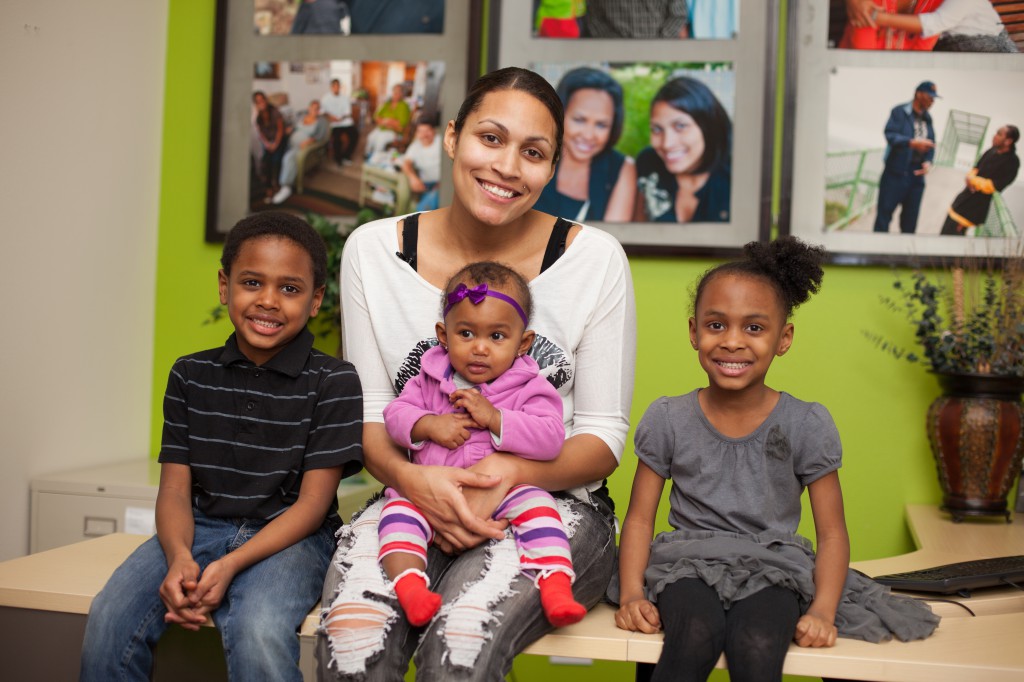Webinar: Increasing Family Voice in the Juvenile Justice System
By Susan Richardson, September 11 2014
Why is a family voice significant in the juvenile justice system? I’m addressing this question in a September 19 webinar, along with Sandra Spencer of the National Federation of Families for Children's Mental Health.
September 19 webinar, along with Sandra Spencer of the National Federation of Families for Children's Mental Health.
We’ll discuss why family voice is crucial to the success of and support of youth involved in the juvenile justice system. As an advocate for substance abuse and mental health treatment for teens, Reclaiming Futures helps families connect to the community support resources needed for adolescents to stay clean and sober, and become a productive member of society.
Here are three takeaways you’ll gain from attending this webinar:
- Understand and discuss why family and youth voice is critical
- How to incorporate family voice into practice in the juvenile justice system
- Learn how Reclaiming Futures sites have successfully integrated family voice
Details:
- What: Webinar—Increasing Family Voice in the Juvenile Justice System
- When: Friday, September 19, 3-4 p.m. EDT
- Presenters: Sandra Spencer, Executive Director, National Federation of Families for Children's Mental Health; Susan Richardson, National Executive Director, Reclaiming Futures;
- Register: Register here
- Cost: Free
- Contact: If you are unable to listen from your computer and need to call in, please email theinstitute@ssw.umaryland.edu




 Over the next few days, we'll be upgrading the back-end of the website to help streamline our blog and other content. We're doing our best to minimize disruption, but we appreciate your patience if anything is out of order.
Over the next few days, we'll be upgrading the back-end of the website to help streamline our blog and other content. We're doing our best to minimize disruption, but we appreciate your patience if anything is out of order. Focal Point magazine, produced by the
Focal Point magazine, produced by the  In 2008, the
In 2008, the 
 Thank you for supporting Reclaiming Futures this year. By improving drug and alcohol treatment and connecting teens to positive activities and caring adults, we have:
Thank you for supporting Reclaiming Futures this year. By improving drug and alcohol treatment and connecting teens to positive activities and caring adults, we have:
 Reclaiming Futures has helped communities break the cycle of drugs, alcohol and crime for more than 10 years. But how exactly does Reclaiming Futures accomplish systems change? We sat down with National Executive Director Susan Richardson to discuss the model and benefits of becoming a Reclaiming Futures site.
Reclaiming Futures has helped communities break the cycle of drugs, alcohol and crime for more than 10 years. But how exactly does Reclaiming Futures accomplish systems change? We sat down with National Executive Director Susan Richardson to discuss the model and benefits of becoming a Reclaiming Futures site. I am pleased to introduce the newest member of the Reclaiming Futures National Program Office, Christa Myers.
I am pleased to introduce the newest member of the Reclaiming Futures National Program Office, Christa Myers. Have you ever wondered how a great idea grows into a successful model and then spreads across the country? It doesn't happen on its own. Reclaiming Futures receives support from many sources, including the
Have you ever wondered how a great idea grows into a successful model and then spreads across the country? It doesn't happen on its own. Reclaiming Futures receives support from many sources, including the  The
The  Do you need help talking to teens about the effects of drug abuse on the brain, body and behavior? If so, we have good news: you're invited to a free
Do you need help talking to teens about the effects of drug abuse on the brain, body and behavior? If so, we have good news: you're invited to a free  Winston Churchill once said, "There’s just something about the outside of a horse that is good for the inside of a man."
Winston Churchill once said, "There’s just something about the outside of a horse that is good for the inside of a man."  Nearly 1 in 5 youth (17%) at the door of the juvenile justice system meet criteria for
Nearly 1 in 5 youth (17%) at the door of the juvenile justice system meet criteria for  Juvenile Justice Reform
Juvenile Justice Reform